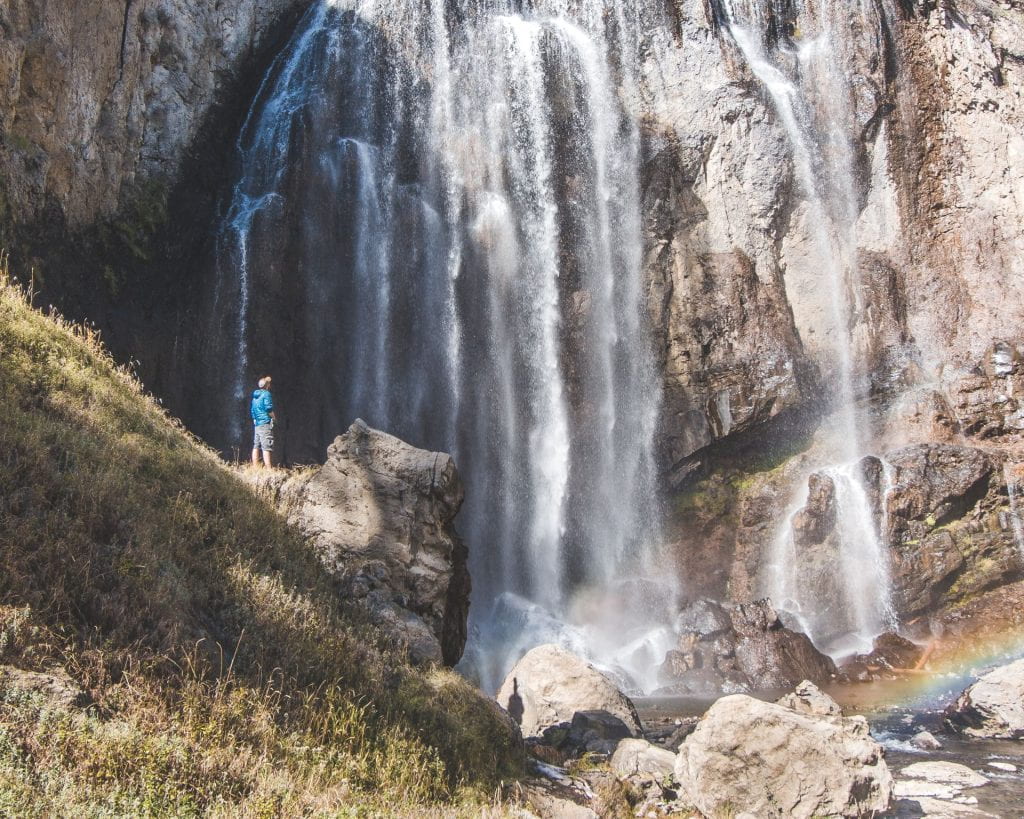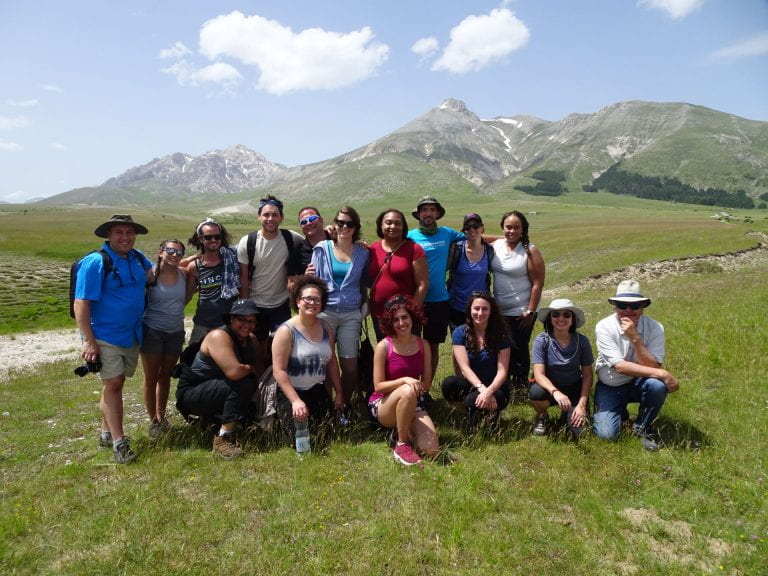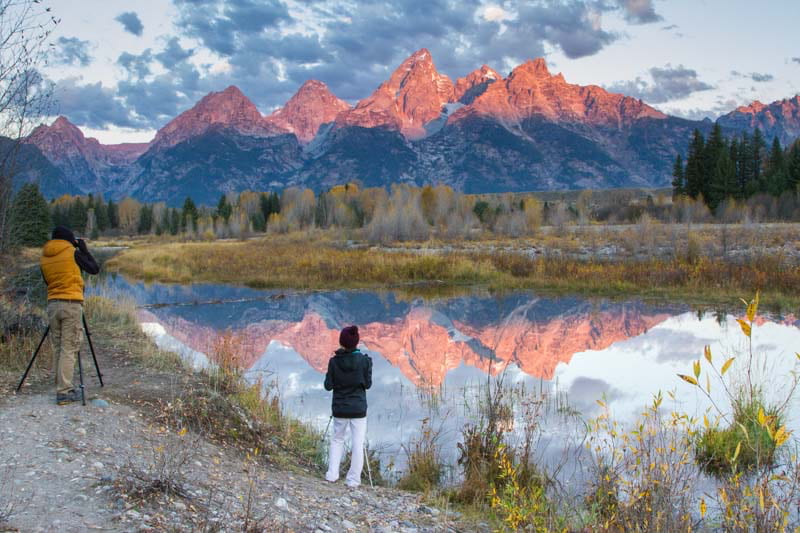
In the summer of 2021, driven largely by people seeking outdoor vacations during COVID, national parks and other public lands around the nation set records for visitors. That summer’s unique challenges were pivotal for Teton County, WY, home to the magnificent natural resources of Jackson Hole, Grand Teton National Park, Yellowstone National Park and Bridgerton-Teton National Forest.
The Jackson Hole community was feeling the impacts that unmitigated visitation can inflict on human and natural resources, the pillars of Jackson Hole’s destination economy. The Jackson Hole Travel and Tourism Board (JHTTB) recognized those impacts and decided to act.

They followed the lead of other major tourist destinations—Aspen, Brekenridge, Sedona and Vail among them—who were threatened by their own tourism success and had already developed or were developing destination management plans to respond to tourism sustainability issues. This trend in planning is also happening around the world. Queensland, New Zealand feared overtourism, so the destination reacted with a management plan that invested in roads, public transport, housing and parking, and created a visitor care code and communication campaigns to enhance and promote visitor responsibility.
Needing help to design a sustainable tourism future, the JHTTB called on George Washington University International Institute of Tourism Studies (GW IITS) and Confluence Sustainability to guide them in the creation of a Sustainable Destination Management Plan (SDMP).
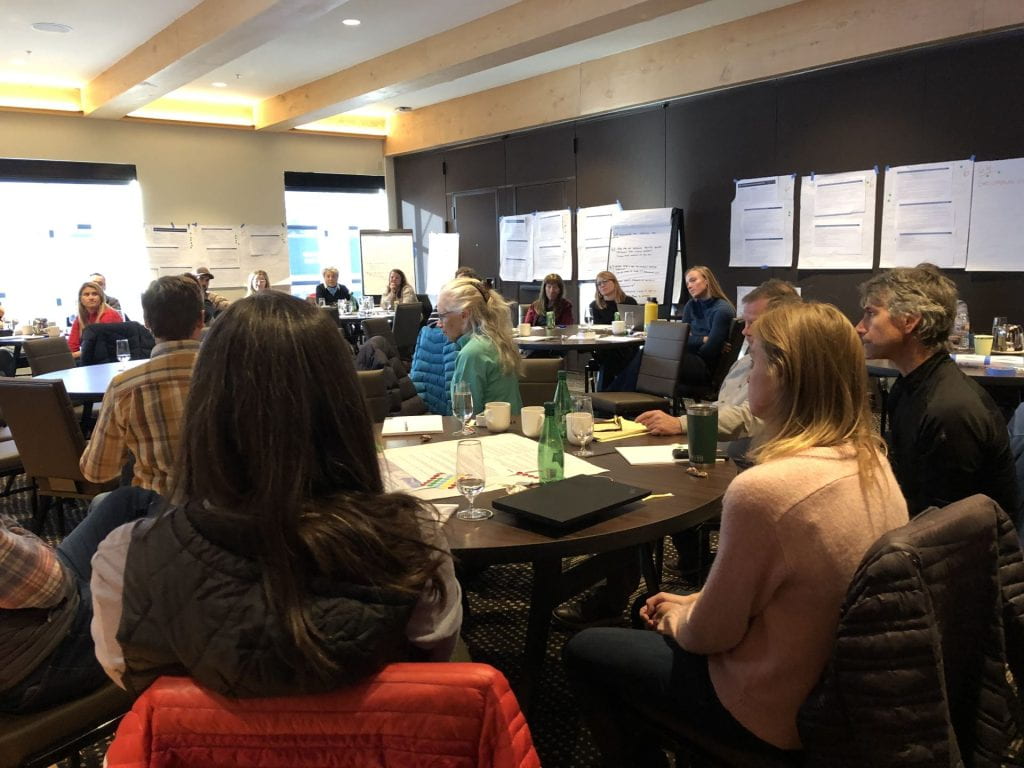
An intense 18-month planning process ensued, wrapping up in December 2022 after engaging nearly 5,000 residents, and in January 2023 the finished plan was adopted unanimously by the JHTTB. In announcing the adoption of the plan, the Board said “together we will ensure that the power of travel and tourism contributes to the health and well-being of our community, our economy and our environment.”
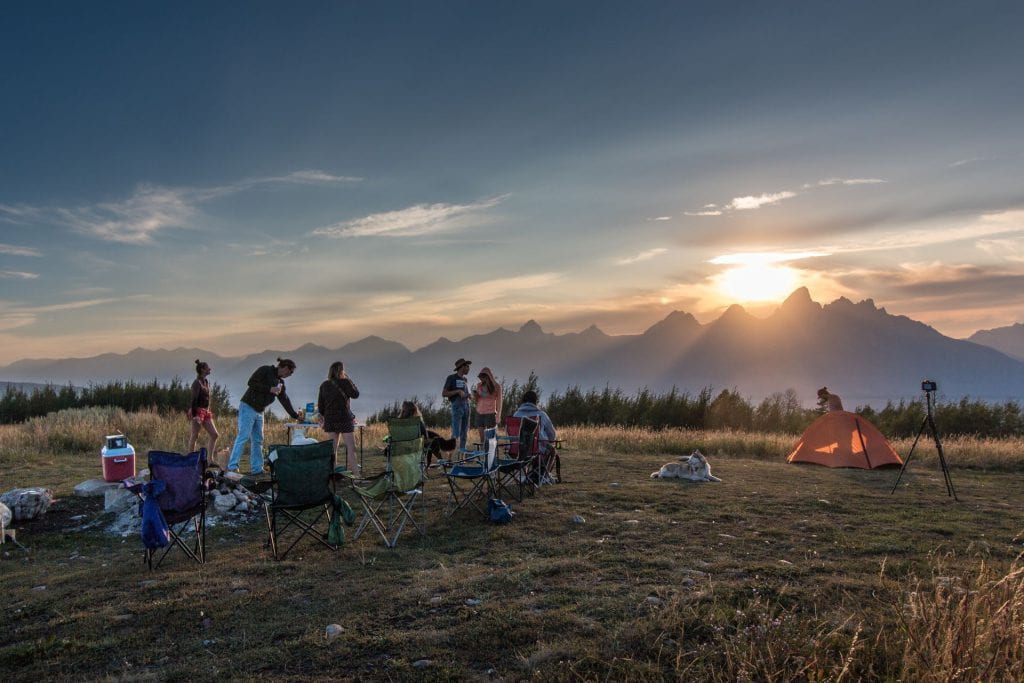
JHTTB also adopted one of the plan’s cornerstone recommendations and created the Teton County Destination Stewardship Council to manage and implement the Sustainable Destination Management Plan in the short-term. Work is already on the way to bring the Destination Stewardship Council to fruition.
The destination’s engagement website https://www.visitjacksonhole.com/locals shares the plan and other previous research from the GW IITS team, and stresses the importance that residents be engaged and active in the SDMP implementation.
“For Teton County, Wyoming, sustainability means balancing the aspirations and needs of community members, businesses, and visitors with the protection of the public lands that are core to the county's heritage, culture, and economy” says Crista Valentino, Interim Executive Director, JHTTB. “GW International Institute of Tourism Studies and Confluence Sustainability played an essential role in building consensus amongst the many stakeholders within our community to build a short and long-term holistic approach towards tourism.”
JHTTB will stay involved to fund projects, events, and initiatives that are eligible for funding under the Wyoming lodging tax statutes. Full implementation funding requires collaborative approaches across jurisdictions and partner organizations named in the plan. The same commitment to collaboration that produced the plan, if brought to implementation, will guarantee Jackson Hole’s sustainable future.
